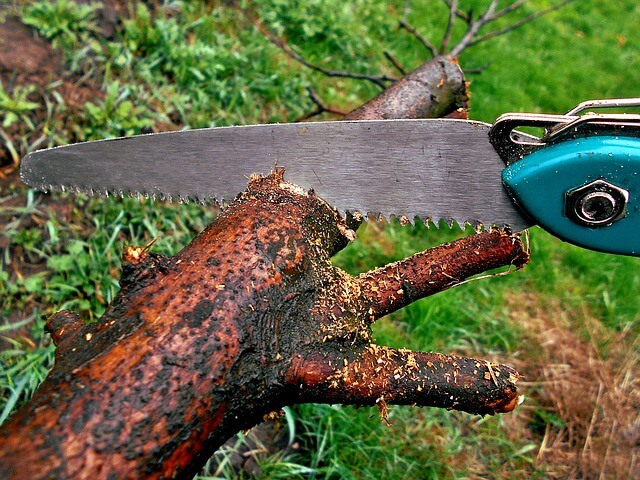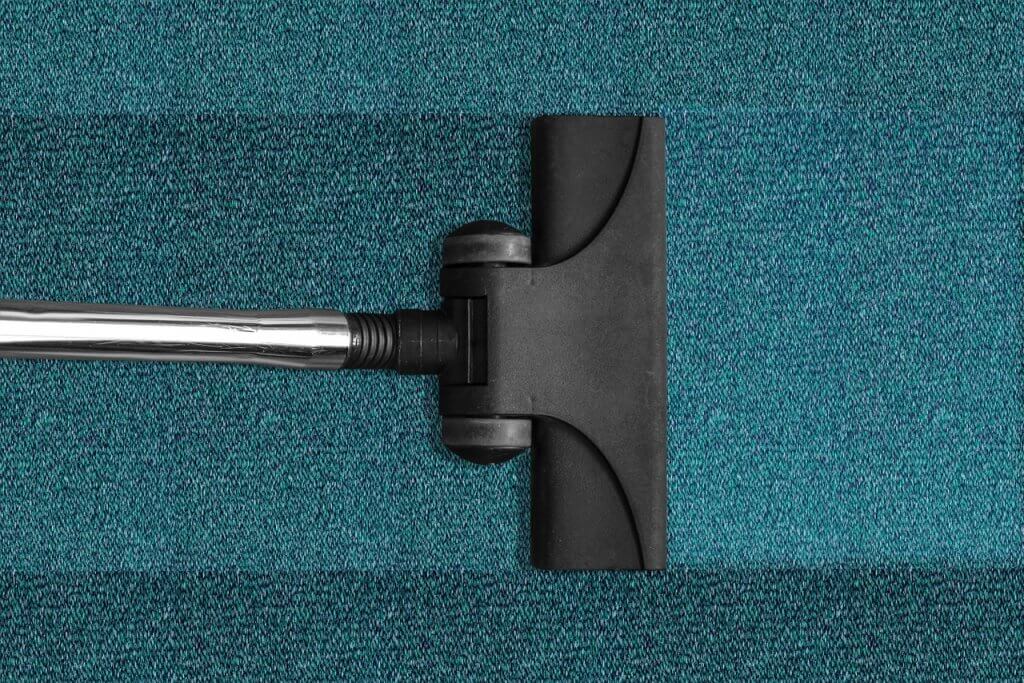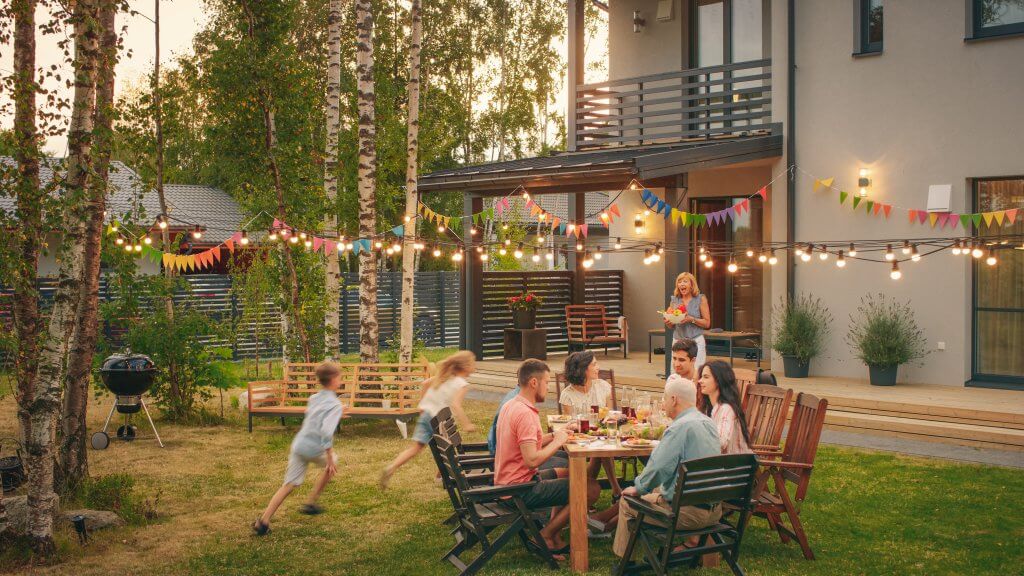Owning a short-term rental property can be a great passive income stream. All you have to do is maintain it, approve guests and collect your money after their stay. However, you should take some measures to protect your rental from damages — both big and small.
Repairs can be expensive, and you don’t want your newly earned money going toward thousand-dollar repair services. Plus, performing upkeep ensures your property is kept clean and welcoming. Doing regular maintenance brings you more income and encourages tenants to leave shining reviews of your rental.
Here are six helpful tips for creating a nice guest experience and minimizing long-term maintenance expenses.
1. Trim Your Greenery
A lush landscape makes any place look fantastic, and greenery appeals to potential renters by showing them how you care for your space. However, avoid letting tree branches grow too long, or bushes spread too far.
Limbs can break and fly off when storms roll through, harming the exterior and interior of your rental. Particularly strong gusts can uproot entire trees, which is something to watch for if you live in a hurricane- or tornado-prone area.
Hire a professional to trim your trees and shrubs as needed. You can prune shrubs on your own, but tree branches can be heavy and dangerous when cut.

2. Establish Guidelines
Vetting your guests is a practical way to stop property damage before it occurs. Having a basic conversation is usually enough to alert you to guests unlikely to respect the rental or follow the rules. Check what other Airbnb hosts have said about them to see if they’d be a good match for you.
You can also set some detailed rules for them to follow. Warn them against bringing in pets or inviting a certain number of guests — no one wants to return to their property to see the remnants of an all-night house party. You can also advise them not to run the HVAC when they’re out or to take off shoes at the door.
Finally, restrict smoking to outdoor areas to keep your walls pristine and ban eating or drinking in the bedrooms.
3. Clean and Inspect Between Stays
As a short-term rental investor, one of your main concerns will be keeping your property in good condition in between guests. It’s best to take inventory of your furnishings, decor and overall home structure. Pictures and videos are always the best methods for recording your property’s condition.
Next, make sure you’re cleaning properly between bookings. Search for a professional cleaner you can trust to be accountable and reliable. You can also download an app to help automate this step as much as possible. This way, you can be confident your rental is always kept in tip-top shape.
4. Protect Your Flooring
The floor is one of the first parts of a house to deteriorate. Dozens of shoes, feet and pet paws walk over it every day. If you have hardwood, your flooring can sustain scratches and dents from luggage wheels and furniture. Tiny debris like gravel can even become embedded in the surface.
Fortunately, it’s relatively easy to prolong your floor’s lifespan. Protect your floors from these unsightly marks by laying down mats and rugs, sweeping with soft brooms and using hardwood-safe cleaners.
Your carpeting will need frequent cleanings to stay tidy. Some investors shun carpeting for this reason, but if your property still has it, know that stains and spills are a part of life. A soda stain probably isn’t worth keeping someone’s security deposit — have it cleaned later.

5. Focus on Durability
Purchase appliances that are efficient and long-lasting. A cheap fridge will wear out much sooner than a pricey one. You might initially spend a lot on higher-quality features, but these expenses enhance your investment. If you opt for energy-efficient choices, you’ll also lower your utility bills over time.
Then, there’s regular preventative maintenance. Check water sources like sinks, showers, and toilets for leaks. Inspect the HVAC and change its filters every few months. Look for gaps and cracks near windows and doors and ensure the stove and fridge function properly.
6. Take out an Insurance Policy
Add an insurance policy to your property to cover losses caused by guests or weather-related incidents. Most homeowner’s insurance doesn’t cover short-term rentals, meaning you’ll need to purchase a new policy to insure your home.
Business insurance provides the terms you need for a rental — landlord insurance protects the entire house. If you’re renting out more than one or two bedrooms, it’s best to go for a combination of landlord and business insurance.
Airbnb offers its own insurance up to $1 million, but like with many policies, it doesn’t cover everything. Shop around for plans before settling on the right one.
Protect Your Property and Boost Your Revenue
It may seem alarmist, but regular maintenance is a great financial move for any real estate investor. Instead of spending money reacting to emergencies, what if you could head them off beforehand?
Plus, a great rental makes for happy guests. Once you perform these protective measures, you’ll see how your investment benefits from your excellent maintenance strategies.







